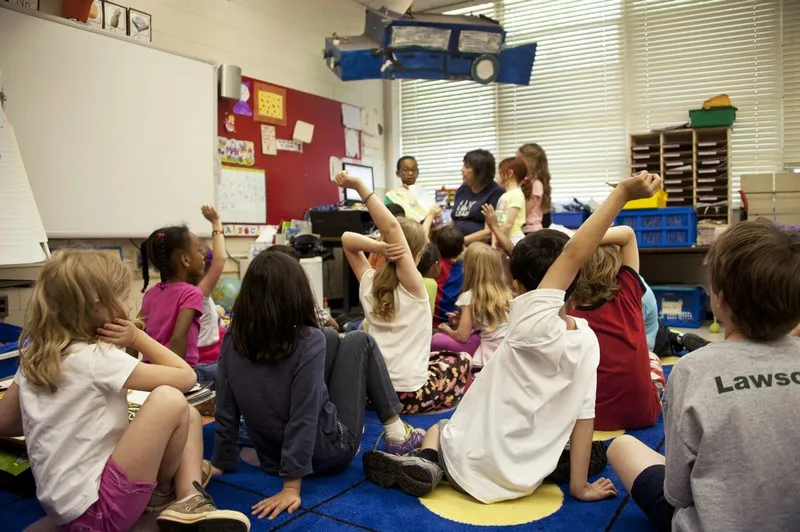In the field of sociology, the concept of the Pupil Premium has gained significant attention due to its impact on educational inequality. The Pupil Premium is a government initiative in the United Kingdom that aims to provide additional funding to schools to support the education of disadvantaged students. In this blog post, we will outline and explain the Pupil Premium, its objectives, and its implications in the context of sociology.
What is the Pupil Premium?
The Pupil Premium is a funding scheme introduced by the UK government in 2011. It is designed to address the educational disadvantage faced by students from disadvantaged backgrounds, including those eligible for free school meals, children in care, and those from low-income families. The funding is allocated to schools based on the number of eligible pupils they have.
The primary objective of the Pupil Premium is to narrow the attainment gap between disadvantaged students and their peers. By providing additional resources and support, the government aims to ensure that all students, regardless of their socio-economic background, have an equal opportunity to succeed academically.
How does the Pupil Premium work?
The Pupil Premium funding is provided to schools, who have the autonomy to decide how to allocate and spend the additional resources. Schools are expected to use the funding to implement strategies that will benefit eligible pupils and improve their educational outcomes.
The strategies employed by schools may vary depending on the specific needs of their students. Some common approaches include:
- Providing additional teaching and learning support, such as small group interventions or one-to-one tuition.
- Investing in professional development for teachers to enhance their ability to support disadvantaged students.
- Offering extracurricular activities and enrichment programs to broaden students’ horizons and develop their skills and interests.
- Providing financial assistance for educational resources, such as books, equipment, or technology.
- Supporting students’ well-being and social-emotional development through counseling services or mentoring programs.
Implications in Sociology
The Pupil Premium has significant implications in the field of sociology, as it addresses the issue of educational inequality and its social consequences. Sociologists argue that educational attainment is closely linked to social class and that students from disadvantaged backgrounds face various barriers that hinder their academic success.
By providing additional funding to schools serving disadvantaged students, the Pupil Premium aims to break the cycle of educational disadvantage and promote social mobility. It recognizes that students from disadvantaged backgrounds often lack access to the same educational opportunities and resources as their more affluent peers.
Moreover, the Pupil Premium aligns with sociological theories that emphasize the role of social structures and institutions in shaping individuals’ life chances. It acknowledges that educational outcomes are not solely determined by individual effort or ability but are also influenced by wider social factors, such as poverty, inequality, and discrimination.
Sociologists have conducted research to evaluate the effectiveness of the Pupil Premium in reducing educational inequality. While there have been some positive outcomes, such as improved academic performance and increased access to extracurricular activities, challenges and limitations remain. Some argue that the funding may not always reach the intended beneficiaries or that it may not be sufficient to address the complex issues underlying educational disadvantage.
Conclusion
The Pupil Premium is a government initiative aimed at reducing educational inequality by providing additional funding to schools serving disadvantaged students. In sociology, it is seen as a crucial strategy to address the social barriers that hinder academic success for students from disadvantaged backgrounds. While the Pupil Premium has made progress in narrowing the attainment gap, ongoing research and evaluation are necessary to ensure its effectiveness and continued improvement.





